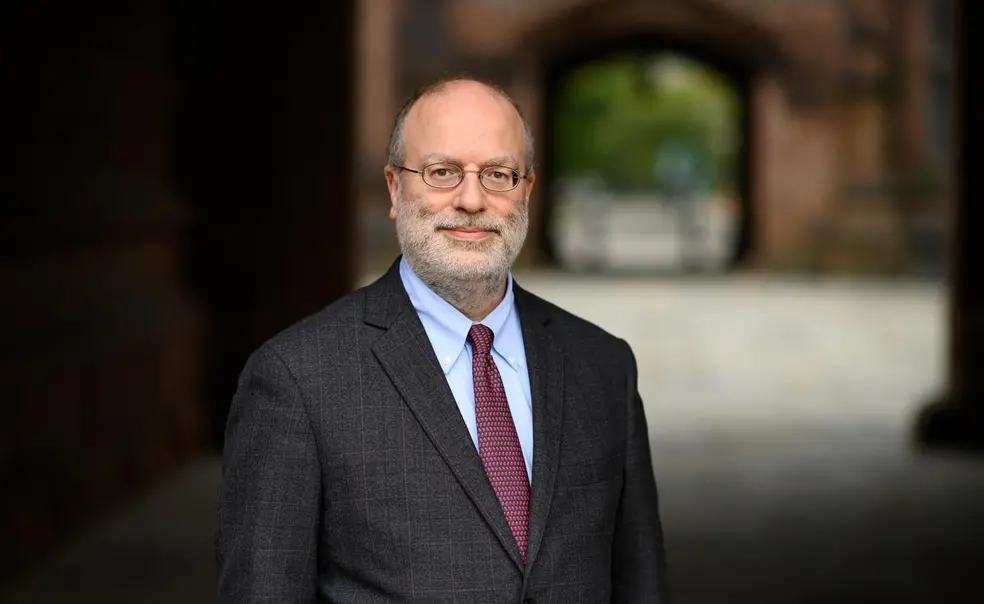Princeton Names Michael D. Gordin Next Dean of the College
Historian Michael D. Gordin, a member of Princeton’s faculty since 2003, has been selected to become the next dean of the college in July, the University announced Jan. 29. Gordin will succeed Dean Jill Dolan, who has been in the role since 2015.
Gordin specializes in the history of science and has been the Rosengarten Professor of Modern and Contemporary History since 2013.
“As one of the world’s leading historians of science, Michael Gordin combines scholarly distinction, a deep commitment to undergraduate teaching, and an appreciation for liberal arts education that transcends disciplinary boundaries and reaches every field at this University,” President Christopher Eisgruber ’83 said in a University announcement. “He is just the right person to lead the undergraduate college at Princeton, and I look forward to working with him to make an outstanding educational program even better.”
In September, Dolan announced her plans to step down at the end of the academic year, and the University began a search for her successor.
Provost Jennifer Rexford ’91, who led the search, said in the announcement that Gordin “impressed the committee with his infectious curiosity and compelling vision for what a Princeton undergraduate education can and should be, both within and across disciplines.”
The dean of the college reports to the provost and oversees the undergraduate curriculum, the residential college system, the admission and financial aid offices, and other academic services and resources for undergraduates, according to the University announcement. Gordin will be the 13th person to fill the role since it was established in 1909.
Gordin, in the announcement, acknowledged the “many challenges that face college students, including mental health and the aftereffects of the COVID lockdowns on learning.” He also noted challenges specific to Princeton, “like keeping the parts of our pedagogical approach — focused, individualized learning that emphasizes original research and creativity — as the University continues to evolve. The dean of the college’s role is to develop solutions to those challenges, preserving the parts we most value while adapting to where our students now are, and where they will be in the future.”
At Princeton, Gordin has filled a series of leadership roles: director of Princeton’s Society of Fellows in the Liberal Arts (2017-23), inaugural director of the Fung Global Fellows Program (2012-13), director of the Program in Russian, East European and Eurasian Studies (2009-12), and director of graduate studies for the Program in History of Science (2010-11 and 2016-17).
Gordin earned his bachelor’s degree and Ph.D. in the history of science from Harvard University and has published several books in his field, including Einstein in Bohemia, On the Fringe: Where Science Meets Pseudoscience, and Scientific Babel: How Science Was Done Before and After Global English.
In a 2018 interview with PAW, Gordin spoke about pursuing his interest in philosophical and historical questions while also exploring the effects of science on politics, culture, and broader life. “I’m just fascinated by how ideas can reshape how people think about themselves,” he said.












No responses yet